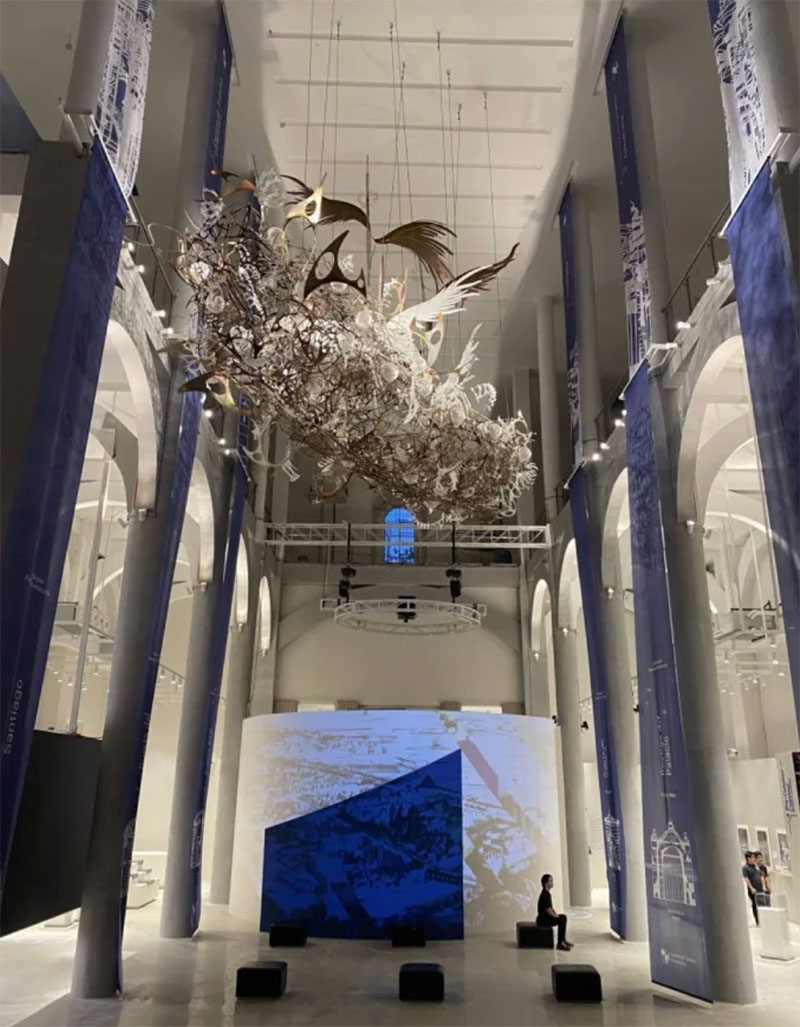The success of architectural education is best measured by the opportunities it creates. For Enderun student Jhulia Patricia Mae F. Abalos, a summer internship at the Tokyo office of Shigeru Ban, a 2014 Pritzker Prize-winning architect, was both a privilege and a turning point. The experience validated the global perspective and practical training she gained at the college, while also offering a critical reflection on the realities of architectural practice.
Over nine weeks, Jhulia discovered that architecture is not always about bold, visionary design. Much of her internship involved preparing diagrams, refining design packages, and producing both digital and physical models. This behind-the-scenes work showed her that architecture is less the product of one “starchitect” and more a collective process built on persistence, precision, and teamwork.
She also encountered the tension between creativity and limitations. Unlike the freedom of school projects, professional practice required navigating budgets, codes, and client expectations. This reality matured her design thinking, pushing her to problem-solve within boundaries—an approach fostered by Enderun’s curriculum that bridges academic rigor with professional relevance.
Self-Discovery in Practice
Perhaps the most valuable takeaway was self-discovery. Jhulia realized her passion lies in conceptual design and early brainstorming, where ideas take shape. She sees herself as part of a collaborative team, contributing her strengths to a larger vision. Her internship was more than professional exposure—it was a turning point that affirmed her education and prepared her with confidence, maturity, and direction for the future.
About the Architect:
Shigeru Ban, 2014 Pritzker Prize laureate, is a Japanese architect known for using sustainable materials like paper tubes and cardboard. His most iconic work is the Cardboard Cathedral in Christchurch, New Zealand, built in 2013 after the 2011 earthquake.




